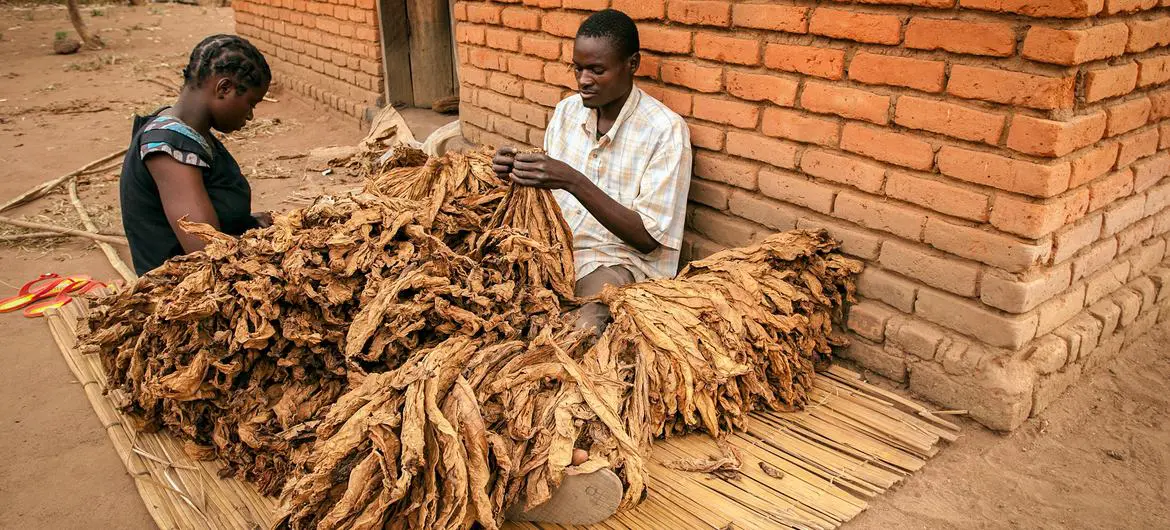The UN agency revealed that the tobacco industry costs the world more than eight million human lives every year. As well as the human costs, 600 million trees, 200,000 hectares of land, 22 billion tonnes of water, and 84 million tonnes of CO2 are used in the production of tobacco.
Most of the environmental cost falls on low-and-middle-income countries, where water and farmland are used to grow tobacco plants, instead of for food production, which is often desperately needed.
The WHO report “Tobacco: Poisoning our planet” highlights that the industry’s carbon footprint from production, processing and transporting tobacco is equivalent to one-fifth of the CO2 produced by the commercial airline industry each year, further contributing to global warming.
Trillions of filters pollute the planet
“Tobacco products are the most littered item on the planet, containing over 7,000 toxic chemicals, which leech into our environment when discarded”, said Dr Ruediger Krech, Director of Health Promotion at WHO. “Roughly 4.5 trillion cigarette filters pollute our oceans, rivers, city sidewalks, parks, soil and beaches every year”.
Products like cigarettes, smokeless tobacco and e-cigarettes also add to the build-up of plastic pollution. Cigarette filters contain microplastics and make up the second-highest form of plastic pollution worldwide.
The WHO is calling for policy-makers to treat cigarette filters the same as any other single-use plastic, and consider banning them, to protect public health and the environment: despite tobacco industry marketing, there is no evidence that filters have any proven health benefits.
Make the polluter pay
The costs of cleaning up littered tobacco products fall on taxpayers, rather than the industry creating the problem. Each year, this costs China roughly $2.6 billion and India roughly $766 million. The cost for Brazil and Germany come in at over $200 million.
However, countries like France and Spain and cities like San Francisco, California in the USA are taking a stand. Following the “polluter pays” principle, they have successfully implemented legislation which makes the tobacco industry responsible for clearing up the pollution it creates.
WHO urges countries and cities to follow this example, as well as give support to tobacco farmers to switch to sustainable crops, implement strong tobacco taxes and offer support services to help people quit tobacco.







